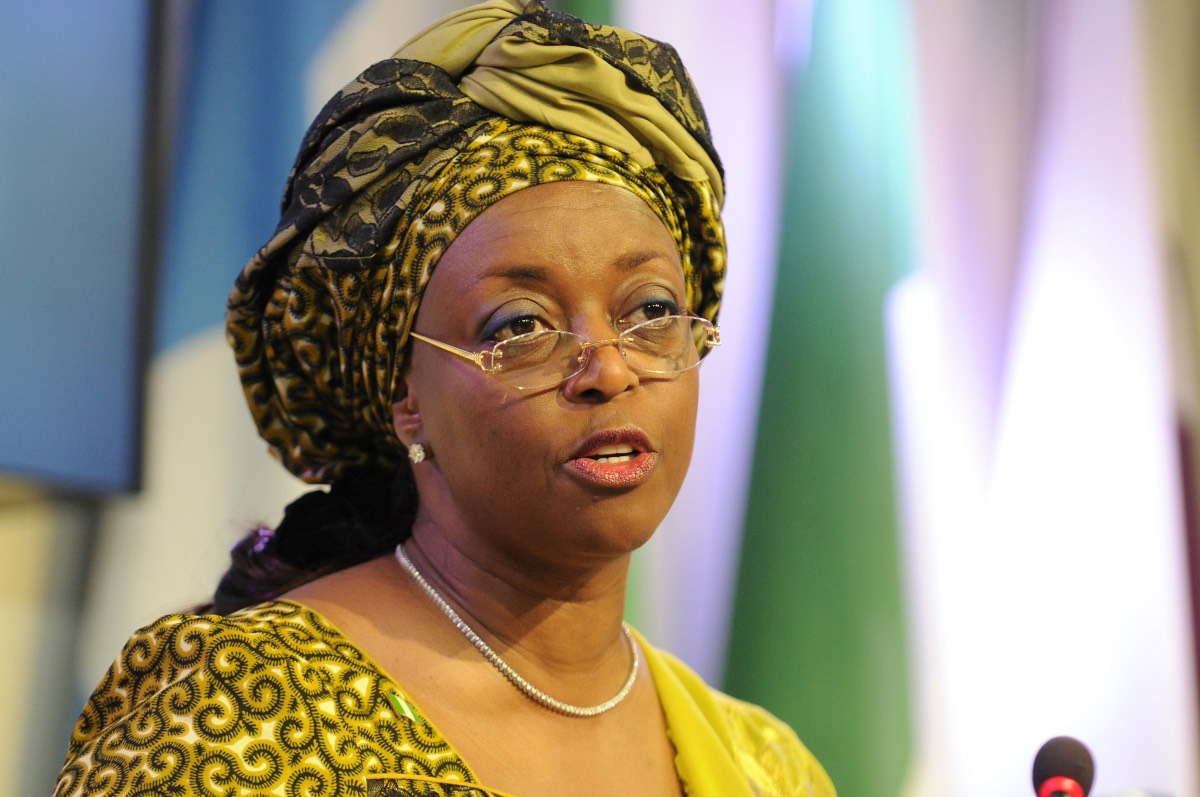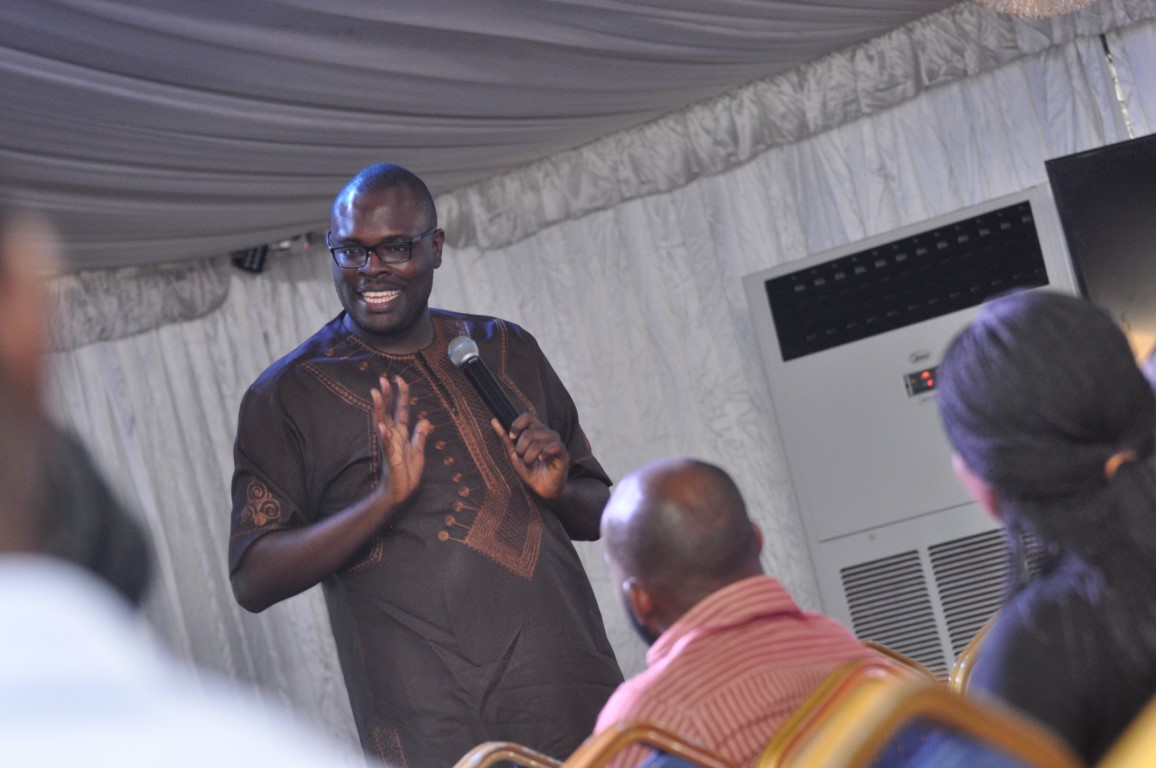LAGOS, Nigeria – The recent N500 million court judgement against journalist and filmmaker Chude Jideonwo over his docuseries Is It Your Money? has sparked an outcry within media and civil society circles, raising urgent concerns about the state of press freedom and the growing use of legal tools to silence critical reporting in Nigeria.
Jideonwo is facing a defamation lawsuit filed by former Minister of Petroleum Resources, Diezani Alison-Madueke, in a Bayelsa State High Court.
The case, linked to the first two episodes of a four-part investigative documentary chronicling allegations of large-scale corruption during her time in office, was decided without his knowledge or that of several other listed defendants.
None of them, Jideonwo insists, received summons or were offered the opportunity to respond before the court ruled in Alison-Madueke’s favour.

Legal Action Without Notice
“This judgement was awarded in a case we were never informed about,” Jideonwo said in a statement published on his official Instagram page.
“The series was produced with responsibility and great care… Every individual referenced in the documentary, including Mrs. Alison-Madueke, was contacted.”
He further revealed that the final part of the series had been delayed for over six months in pursuit of an exclusive interview with the former minister in London — an interview he said contained potentially self-incriminating admissions.
“Instead of engaging publicly or refuting the claims, the response has been to intimidate, to silence, and now, to go to court,” he stated.
The Bigger Picture: Censorship Through the Courts
Observers say this is not merely a dispute between a public figure and a journalist, but a test case for the future of independent journalism in Nigeria.
The ruling has intensified fears that the legal system is being manipulated to censor investigative reporting and intimidate journalists who scrutinise those in power.
“This lawsuit threatens more than one journalist,” Jideonwo warned.
“It threatens the principle of free, independent journalism in Nigeria. If public figures can use the legal system to suppress uncomfortable truths, what space remains for honest reporting?”
His statement reflects a wider trend.
In recent months, there have been bans on live political programming, restrictions on journalists asking so-called “provocative” questions in Kano State, and increased state hostility toward critical media.
A Documentary Rooted in Accountability
Is It Your Money? is not an outlier in Jideonwo’s work.
For over two decades, the journalist has used storytelling as a tool for civic engagement, focusing on accountability, governance, and reform.
His commitment, allies say, has always been rooted in the belief that citizens deserve the truth.
In the context of Nigeria’s complex democratic terrain, Jideonwo’s work resonates with a public increasingly disillusioned by corruption and opacity.
The docuseries directly challenges the narrative that government funds are beyond scrutiny, using real interviews, verified reports, and official records to paint a picture of alleged mismanagement during Alison-Madueke’s tenure.
The Threat to Democracy
Legal experts and media rights groups are calling the judgment a dangerous precedent.
“It sends a message that journalists can be punished for doing their job—even without a fair hearing,” said one Lagos-based media lawyer, who asked not to be named due to the sensitivity of the case.
Such actions, critics argue, endanger not only the rights of journalists but also the democratic principle that power must be accountable to the people.
“When the media is silenced, democracy is diminished,” said a spokesperson from the Committee to Protect Journalists.
“This kind of ruling encourages self-censorship and weakens the public’s right to know.”
A Battle Not Over
Jideonwo has vowed to appeal the ruling and ensure the completion and eventual release of all four parts of the documentary.
While Parts 1 and 2 have been temporarily removed from public platforms, he affirmed that the full series will still reach Nigerians.
“Independent journalism poses no threat,” Jideonwo wrote. “It constitutes a vital public service.”
With global and local watchdogs watching closely, the outcome of this legal battle may prove pivotal not just for one journalist, but for the entire ecosystem of free expression in Nigeria.
At a time when institutions are being tested and trust in public accountability is fragile, the case serves as a stark reminder: democracy dies in silence, and the right to tell the truth must not be put on trial.







